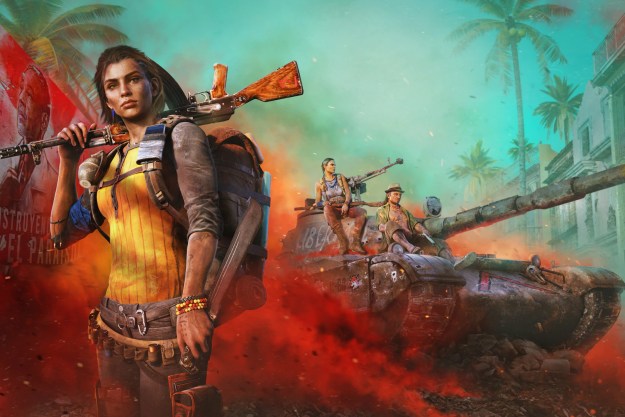In a post on its website, Ubisoft, the publishing giant behind numerous blockbuster triple-A franchises, announced that it is shutting down online services in over 90 of its games.
Owners of any of the games Ubisoft listed will still be able to play their games, just without any of their online features. Things like online co-op and multiplayer will no longer be available. Likewise, users will no longer be able to unlock Units from any games that used Ubisoft Connect services. Units are a special currency used by the publisher that players could unlock by completing in-game challenges to spend on cosmetics.
Unlockable content in these games, which Ubisoft describes as “maps and skins” are disabled going forward, meaning players can no longer unlock them. For PC players, these pieces of content are being removed entirely, even if they’ve already been redeemed. Console players will still have access to unlockable content in their games as long as they don’t reset their saved game files.
As for the games that have been affected by Ubisoft’s online service shutdown, they’re a mishmash of popular and less well-known titles, but only releases on specific platforms have been affected. Far Cry Blood Dragon has had its online services shut down across PC, PS3, and Xbox 360, for instance. It’s worth noting that some of the games present on Ubisoft’s list have had their online services shut down last year. Assassin’s Creed 2‘s online services have been unavailable on PC since June 1, 2021, along with online services for Far Cry 2, Splinter Cell Conviction, and other titles.
The company’s decision to shut down online services for so many of its games follows rumors that the company is being eyed up for an acquisition. According to Bloomberg, private equity firms, namely Blackstone Inc. and KKR & Co. have expressed interest in buying the French game publishing giant.
Editors' Recommendations
- Amazon’s Fallout series is crossing over with two Fallout games
- Ubisoft’s impressive smart NPC demo reveals AI’s quiet gender bias problem
- One of my favorite puzzles games just turned 5, and it’s still outstanding
- EA lays off 5% of its developers as it moves away from licensed games
- Helldivers 2 and Nightingale expose the issues all live service games face




